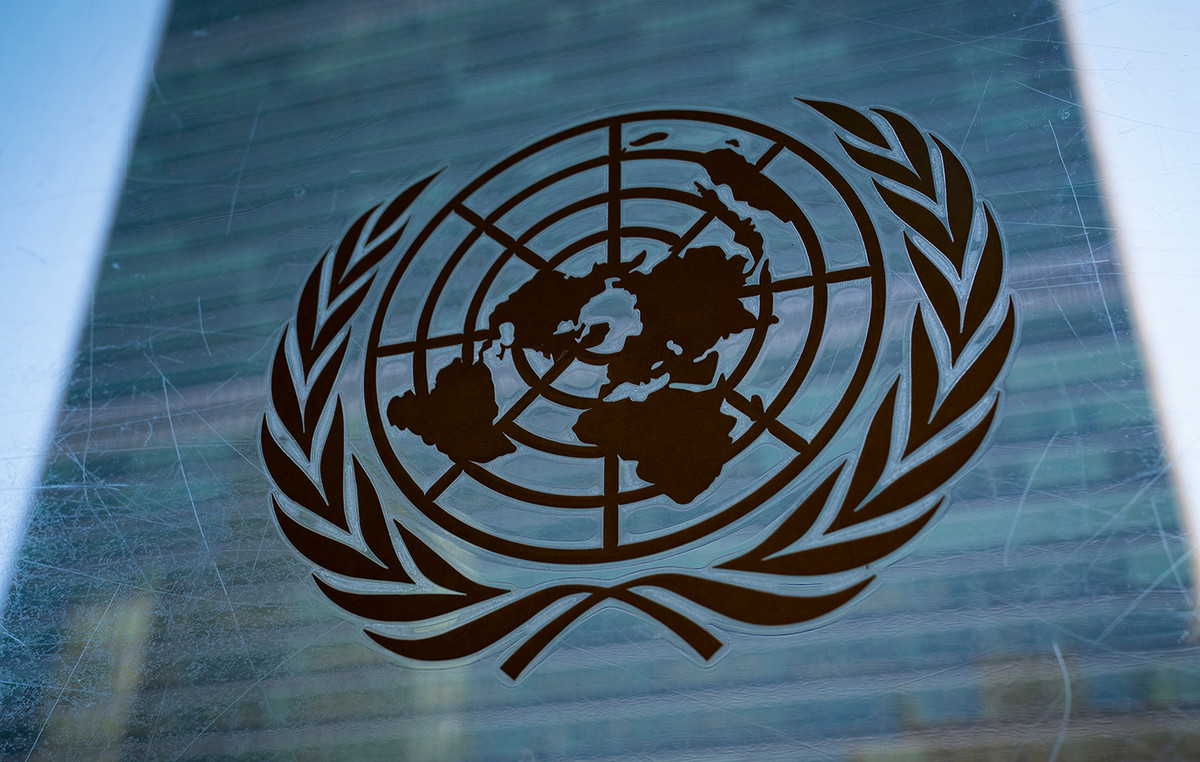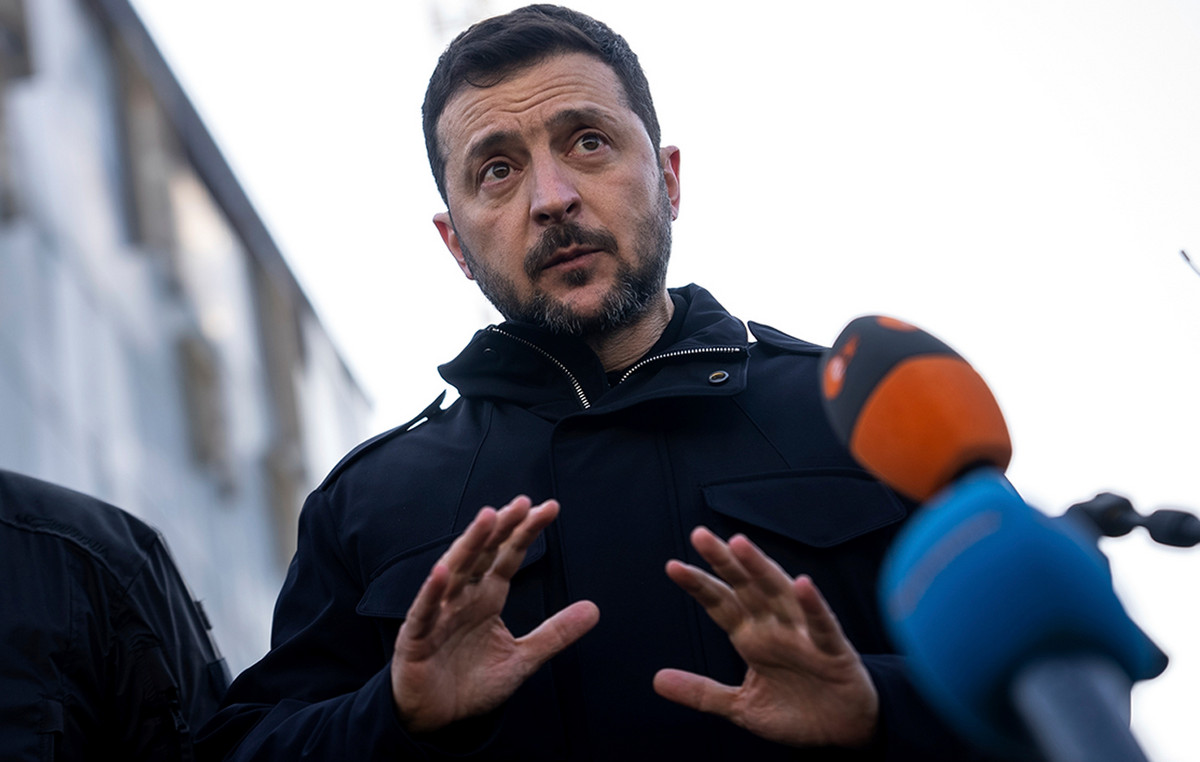NATO peacekeepers formed security cordons around four town halls in Kosovo on Monday to quell protests against ethnic Albanian mayors who took office in a Serb-majority area.
In Zvecan, one of the towns, Kosovo police – made up entirely of ethnic Albanians after all Serbs left the force last year – threw pepper spray to repel a mob of Serbs who broke through a security barricade and tried to force entry. in the municipal building, witnesses said.
In Leposavic, near the Serbian border, US peacekeepers in riot gear placed barbed wire around the municipal building to protect it from hundreds of angry Serbs gathered nearby.
NATO troops also acted to protect prefectures in Zubin Potok and North Mitrovica from possible threats.
Serbs, who form the majority in northern Kosovo, never accepted the country’s 2008 declaration of independence from Serbia and still look to Belgrade as their capital more than two decades after Kosovo’s Albanian uprising against Serbia’s repressive regime. Serbia also refused to recognize an independent Kosovo.
understand the case
Tensions between the Serb majority and the Kosovar population, of Albanian origin, increased after the announcement of elections for local autonomous governments in four municipalities in Kosovo’s north – Zvecan, Zubin Potok, Leposavic and Mitrovica. The Serbs were against the election, claiming that it was directly linked to the Kosovar government, which is not recognized by Belgrade.
The Kosovo government’s initial plans were to hold the elections in December last year, but the strong boycott by the Serbs provoked a postponement to April 23.
Despite the new date having been stipulated, the Serb List, the main party of the Serbian majority, continued to boycott the elections. Even so, the elections were confirmed. “It is impossible to tolerate further election postponements. We cannot tolerate a vacuum in institutions,” said Kosovo’s Prime Minister Albin Kurti at the time.
On the 23rd, the elections were actually held, with a meager turnout: only 3.47% of voters (1,566 Albanians and 13 Serbs) went to the polls. Serbs in the region cited the low turnout as an argument for not accepting the results of the polls.
On the last 19th, the inauguration of the first of the four mayors took place, in the divided city of Mitrovica. Erden Atiq took office almost a month after the election and angered the Serbian government. On the same day, the representative of the Serbs for the region of Kosovo and Metohija, Petar Petkovic, accused the Kosovar Prime Minister, Albin Kurti, of encouraging an “occupation” and that an eventual possession of the prefectures by the Albanians would trigger a new conflict with Belgrade.
Days later, Serbian President Aleksandar Vucic placed the country’s army on full combat alert and ordered military units to move closer to the border with Kosovo after the clashes. Later, Defense Minister Milos Vucevic stated that a “red line” was being crossed, suggesting that the risk of a new conflict between the two countries is real. “Someone needs to understand that what (Kosovo Prime Minister) Albin Kurti is doing is leading us to red lines and a total breakdown of dialogue and escalation on the ground,” he said.
(Posted by Fábio Mendes, with information from Reuters)
Source: CNN Brasil
Bruce Belcher is a seasoned author with over 5 years of experience in world news. He writes for online news websites and provides in-depth analysis on the world stock market. Bruce is known for his insightful perspectives and commitment to keeping the public informed.







